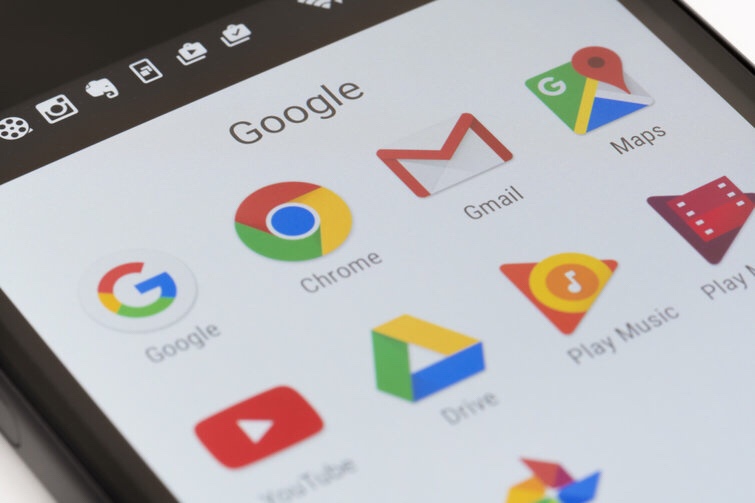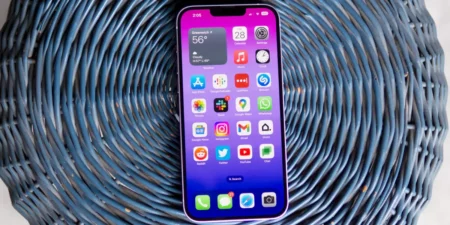Google apparently kicked things up a notch when it comes to protecting consumers and its Google Play Store from bad apps. The company designed numerous safeguards that helped prevent malicious apps from reaching Android users. These safeguards led to the removal of over 700,000 apps from the Google Play Store in 2017, the company announced today.
With the increase of efforts from Google, this is apparently a 70 percent increase over the total removals that happened in 2016. “Not only did we remove more bad apps, we were able to identify and action against them earlier,” Google Play product manager Andrew Ahn wrote in a blog post. “99 percent of apps with abusive contents were identified and rejected before anyone could install them.”
Google in its part credits this success to its improved ability to detect abuse “through new machine learning models and techniques.” Basically, through the use of improved AI, the company has been able to provide more protections for Android users.
According to Ahn, copycat apps are usually designed to resemble popular mainstream apps and is a popular method of deceiving users. Last year, Google removed over a quarter of a million of these bad apps. “Potentially harmful applications” (PHAs) are malicious apps that attempt to phish users’ personal information, act as a trojan horse for malware, or commit SMS fraud by firing off texts without a user’s knowledge. “While small in volume, PHAs pose a threat to Android users and we invest heavily in keeping them out of the Play Store,” Ahn said.





